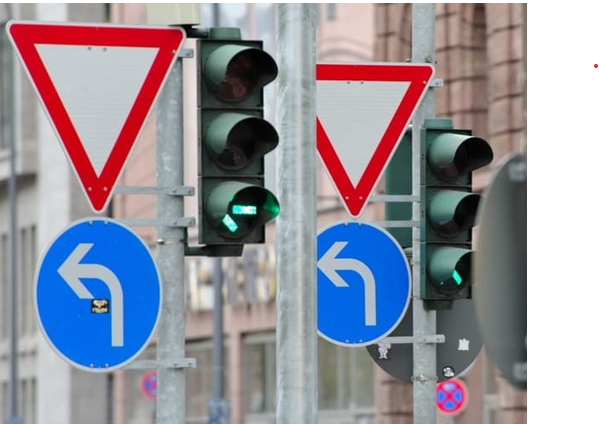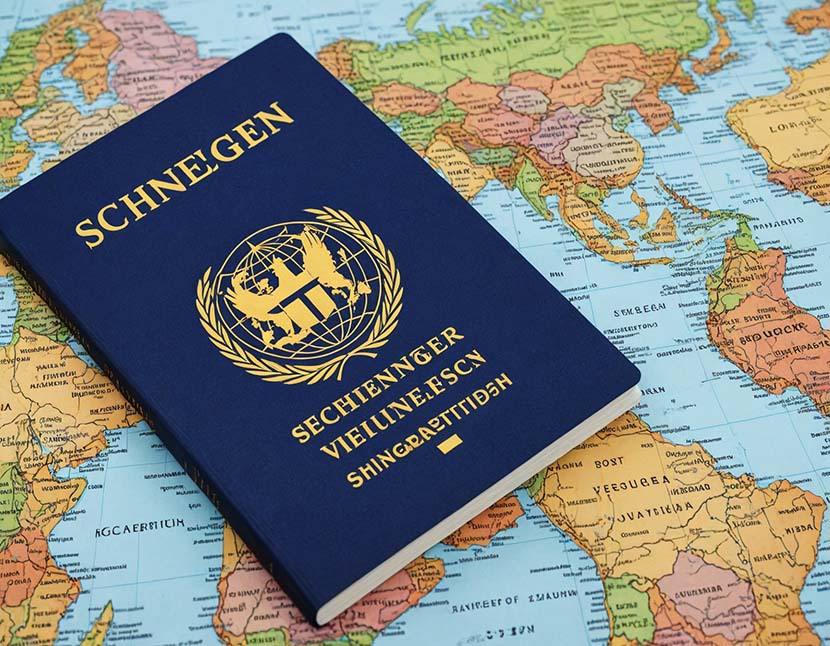This You Must Know that: Germany is changing its immigration policies for the obvious

Last week, we read about Germany’s promise to relax existing rules for qualified migrant professionals with university degrees. This we agreed would of course resolve half of its problems if actually Germany would absorb its migrant professionals with German university degrees so that after spending years in education, they don’t end up doing menial jobs to say the least if not face frustration over whether they must leave the country because the system could not support their successful integration.
Germany’s promise to relax existing rules for migrant graduates let alone import professionals and skilled workers sounds more like the many white elephant bilateral projects they do around the world especially in the so called third world countries.
You might be wondering why one would make such a statement. Here is what you must know.
Germany has a school, Educational, Skill and professional Trainings that differ from state to state.
This means, every state has its own independent system and this is so much that, a teacher who trained in Hamburg cannot teach in Stuttgart. In order for that teacher to be able to relocate from Hamburg to teach in Stuttgart, he or she would have to retrain for a year and pass an exam.
Due to these problems, migration within Germany even for its citizens that have particular skill, or professions is mostly out of the question because of the frustrations that come with it.
This is why the question is raised as to why Germany would not ease and relax its own educational and skills Trainings to be uniformed so that its citizens can easily be absorbed into the job markets that are lacking workers?
Another as raised in last week’s article is why Germany would not invest in the training of already existing migrants whose qualifications are not recognized? Ten years ago when I came to Germany, Germany had just started advertising an immigration policy called ,,gelernt ist gelernt “.
Gelernt is gelernt means once a skill or profession is learnt, it is learnt and that means, Germany was easing its immigration policies to allow skills and professions to be recognized.
To this day, that has not been achieved. People with university degrees if they have no intention of further studies where they pay for themselves to enter the universities or get scholarships to retrain in a profession are downgraded to be at the level of not even a full passed out secondary student. Skills are not recognized and applications to be admitted into a training program can take you a minimum of three years and this can span out until you are frustrated and left no choice but enter the unprofessional job markets such as cleaning, Logistics as in packing things in warehouses, or at best enter into the old age nursing homes which is actually where they are looking to lure people into.
Germany, unlike many countries in Europe is not necessarily facing skilled workers shortage. But even if it were really so, here are the figures for 2022. It said the country’s labour shortage rose to an all-time high: the Institute for Employment Research (IAB) found 1.74 million vacant positions throughout Germany.
Do you know that, in this same year, there has been more layoffs due to the collapse of many businesses and or lack of financial flows to sustain the workers due to the covid crises? Germany is drawing attention to itself for obvious reasons. Lack of its popularity and their increasing interest in the stakes of Africa.
Nonetheless, stay tuned for the continuation of the topic as we would be bringing you ideas on how to maneuver should you happen to find yourself seeking these opportunities.
This is the Diaspora Lens
By Ghana Diaspora Youth Movement Germany
ghadym7x@gmail.com
+4915210246793





